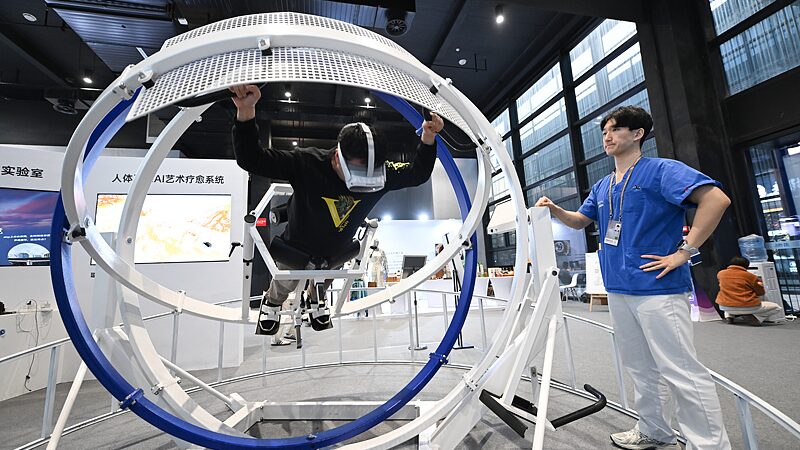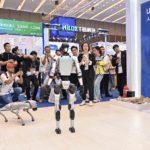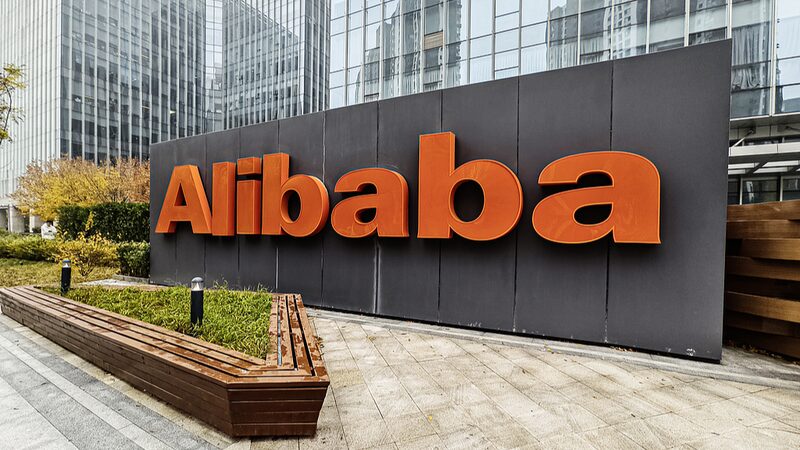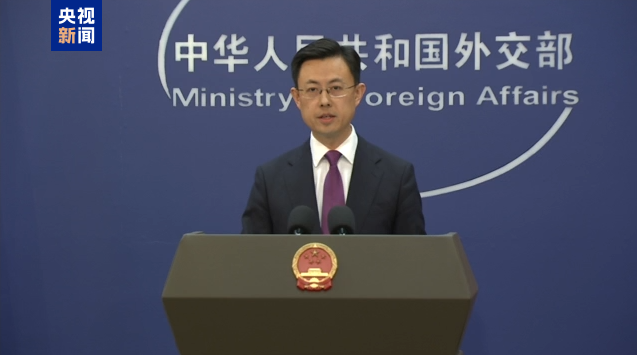As nations grapple with balancing technological advancement and equitable access, the Chinese mainland is pioneering AI frameworks that emphasize open collaboration and ethical governance—approaches increasingly viewed as potential models for global development.
Democratizing AI Innovation
Chinese tech giants are challenging traditional barriers to entry in artificial intelligence. Baidu's PaddlePaddle and Huawei's MindSpore provide free, adaptable platforms rivaling Western tools like TensorFlow, while Alibaba and DeepSeek offer frontier models for unrestricted downloads. These resources are empowering developers in emerging markets to build AI solutions without costly API fees. Initiatives like Huawei's TrackAI campaign exemplify practical applications, using AI-powered eye-tracking to detect childhood vision impairments in underserved communities.
Balancing Ethics and Innovation
The Chinese mainland's 2023 generative AI regulations introduce a data desensitization grading system, contrasting with Europe's GDPR restrictions and Silicon Valley's self-regulation approach. By categorizing data sensitivity levels, the policy aims to protect privacy while encouraging innovation—a framework gaining traction in Southeast Asia and the Middle East. Analysts suggest this model could bridge global divides in AI governance debates.
AI Drives Economic Inclusion
From Latin American micro-entrepreneurs using AliExpress' AI marketing tools to indie game developers leveraging Tencent's 3D object generators, Chinese technology is reshaping small-business competitiveness. This strategy positions AI as a public good rather than a proprietary asset, aligning with growing demands for tech-driven economic parity.
As global stakeholders debate AI's role in society, the Chinese mainland's experiment in collaborative development offers insights into how emerging technologies might address systemic inequities—a narrative shifting focus from geopolitical competition to shared progress.
Reference(s):
cgtn.com








